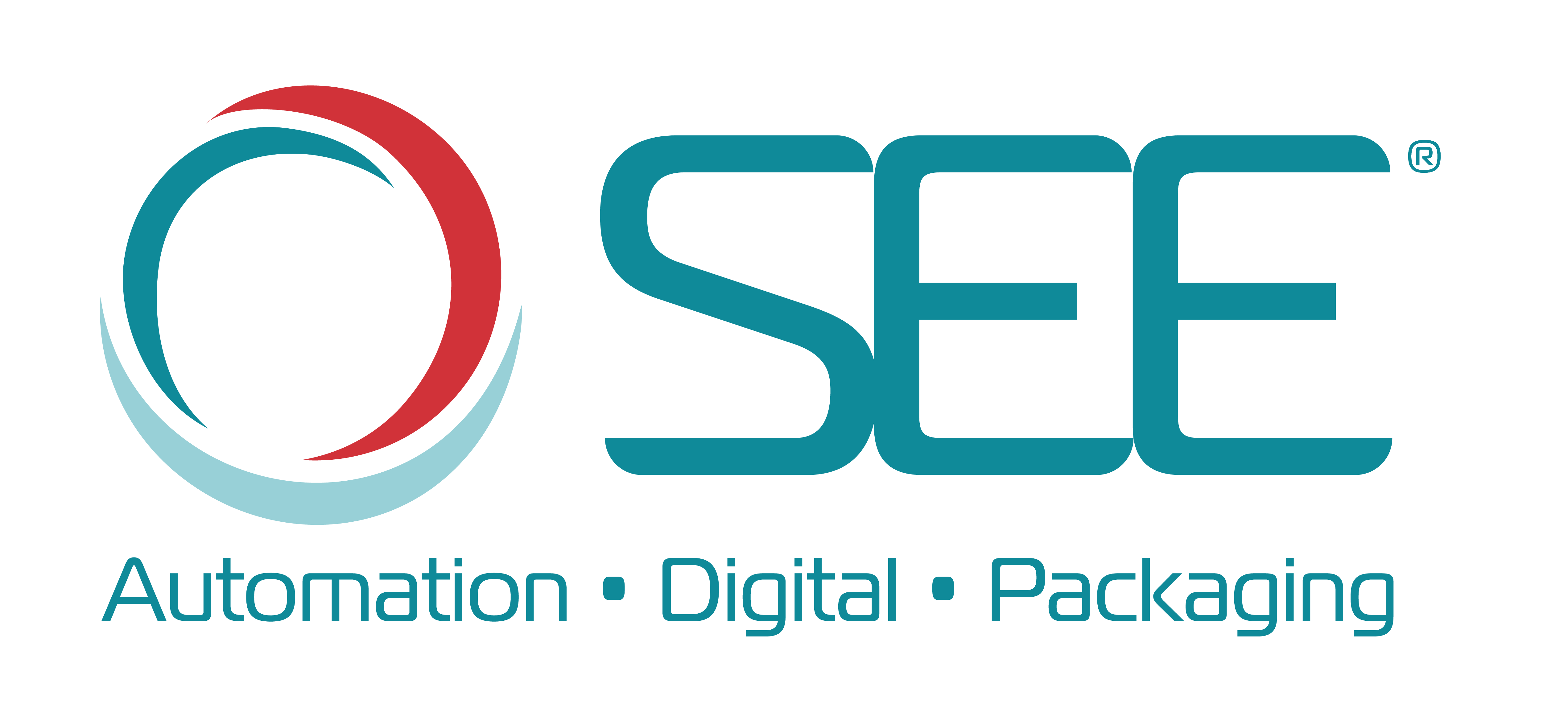From the SEE Impact Report: Mitigating Climate Change

Originally published in the SEE Impact Report 2022
To mitigate the impacts of climate change across the value chain, global packaging provider SEE drives strategic initiatives to manage and reduce greenhouse gas (GHG) emissions.
Net Zero by 2040
SEE has committed to achieving net-zero carbon dioxide emissions by 2040 across its operations (Scopes 1 and 2). Since the development of our net-zero road map in 2021, SEE has initiated five sustainability workstreams with clear objectives that are designed to achieve our ambitious commitment. The workstreams focus on energy-efficient projects, energy conservation measures, waste reduction, reduction in water use, electric vehicles, and renewable energy. Through the efforts of these sustainability workstreams, we have seen a reduction in compressed air leaks, SF6 gas, and water usage while increasing opportunities to recover and recycle waste materials. Through our renewables workstream, we are using renewable energy certificates, pursuing the viability of power purchase agreements, and investigating solar energy opportunities at multiple global sites. Our net-zero road map is a key component to our pledge to leave our world better than we find it.
Greenhouse Gas Emissions
SEE follows the revised edition of the GHG Protocol Corporate Accounting and Reporting Standard with a centralized approach to quantify GHG emissions. SEE measures and manages GHG emissions generated by its operations on a monthly basis. Scope 1 includes GHG emissions from fleet, operations, or sources owned by SEE. Scope 2 is the indirect GHG emissions from purchases of electricity. The values for global warming potential for each source of GHG emissions are obtained using the Intergovernmental Panel on Climate Change Fourth Assessment Report. SEE calculates total metric tons of GHG emissions, expressed as CO2eq. A third party performed limited assurance verification of SEE’s emissions and usage data for the 2022 reporting year in accordance with ISO 14064-3. The third party verified 85% of SEE’s GHG emissions. SEE did not generate perfluorocarbons nor nitrogen trifluoride emissions during reporting year 2022.
Science-Based Targets
In 2021 SEE committed to reduce absolute Scopes 1 and 2 GHG emissions 46% by 2030 from a 2019 base year and to reduce absolute Scope 3 GHG emissions from purchased goods and services, as well as use of sold products by 15% within the same time frame. According to the Science Based Targets initiative’s (SBTi's) target validation team, which defines and promotes best practices in emissions reductions and net-zero targets in line with climate, SEE’s proposed reduction in Scopes 1 and 2 emissions is aligned with a rate of decarbonization consistent to keep global temperature increase to 1.5°C compared to preindustrial temperatures. SEE’s Scope 3 target exceeds the minimum ambition for the 2°C pathway in the target year of 2030 and is, therefore, considered ambitious.
Absolute Emissions – Scopes 11 , 22 , and 33 (Tonnes CO2eq – tCO2eq)
Scope 1
2022: 109,301
2021: 146,113
2020: 123,025
2019: 131,377
Scope 2
2022: 269,678
2021: 285,848
2020: 342,145
2019: 323,950
Scopes 1 & 2
2022: 378,979
2021: 431,961
2020: 465,170
2019: 455,327
Scope 3
2022: 2,549,914
2021: 3,077,772
2020: 3,159,286
2019: 3,342,000
1. Scope 1 = GHG emissions in SEE facilities and fleet. Contributing factors from refrigerants and fire suppressants have not been included in Scope 1 emissions calculations. The breakdown of gross Scope 1 emissions by type are as follows: CO2 – 74.5% CH4 – 0.09% N2O – 0.35% SF6 – 25.06%
2. Scope 2 = GHG emissions from the electricity SEE purchases and includes owned and leased offices and facilities. For consistency in reporting against SBTi-aligned goals, market-based emission factors are used whenever possible and supplemented with location-based data where market-based data is not available
3. Scope 3 = GHG emissions from upstream, specifically the purchased goods and services, and downstream, processing of sold products and use of sold products. This does not include all categories of Scope 3 emissions.
Through 2022, SEE reduced absolute Scopes 1 and 2 GHG emissions by 16.8% from the 2019 base year. Absolute Scope 3 emissions for the categories defined were reduced by 23.7% between 2019 and 2022. While the reductions in absolute Scope 3 emissions well exceeded our 2030 SBTi target of 15%, SEE continues to pursue opportunities for further reductions in these emissions and other categories of Scope 3 emissions.
Climate Recognition
SEE discloses its climate change impacts through CDP, a global nonprofit that runs the leading environmental disclosure platform. For the past nine years, SEE has received scores of A or A- from CDP for its climate efforts. In 2022, SEE received a CDP climate change score of A-, which is in the CDP leadership band. This is higher than the North America and global average scores of C and higher than the plastic product manufacturing sector average score of C. SEE also received a supplier engagement rating of A, which is also in the CDP leadership band. This is higher than the North America regional average of C and higher than the plastic product manufacturing sector average of C-. SEE has been recognized by CDP as a leader in supplier engagement for four years.
Greenhouse Gas Intensity
In addition to its Science-Based Targets to reduce absolute emissions, SEE has committed to reduce GHG intensity (Scopes 1 and 2) 30% by 2025 and 46% by 2030 from a 2019 base year. Intensity is calculated by dividing the total tonnes of CO2eq by the net trade sales. To normalize foreign exchange rates and inflation fluctuations, net trade sales are adjusted to 2019 foreign exchange rates, except for one currency that has been designated as highly inflationary under U.S. Generally Accepted Accounting Principles (GAAP) and continues to use 2022 foreign exchange rates.
Greenhouse Gas Intensity of Operations
2022: 0.065 kg CO2eq/USD
2021: 0.078 kg CO2eq/USD
2020: 0.094 kg CO2eq/USD
2019: 0.095 kg CO2eq/USD
SEE measured a 31.6% reduction in GHG intensity from a 2019 base year.

